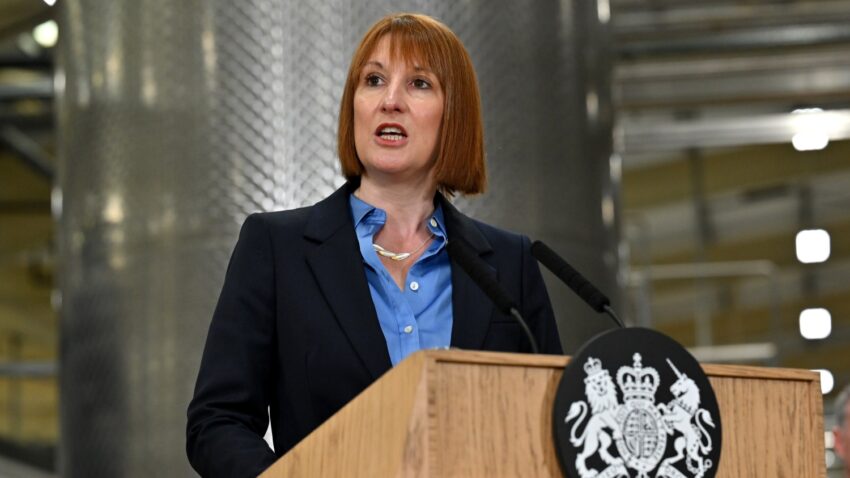UK could lose £22bn in exports if Trump imposes 20% tariffs, warn economists
A 20% tariff on UK imports to the US under Trump’s trade policy could cost the UK £22bn in exports, impacting sectors like fishing, petroleum, and pharmaceuticals. Read more on potential economic effects. Read more: UK could lose £22bn in exports if Trump imposes 20% tariffs, warn economists


The UK could face a major economic hit if President-elect Donald Trump enacts a 20% blanket tariff on all imports to the US, potentially costing British exporters up to £22 billion, according to new research from the Centre for Inclusive Trade Policy (CITP) at the University of Sussex.
Economists estimate that UK exports could decline by more than 2.6% as trade with the US falters, creating a ripple effect that would further strain the global economy. This drop in trade would amount to an annual decrease of 0.8% in the UK’s economic output, CITP researchers suggest.
The sectors likely to be hardest hit include fishing, petroleum, mining, pharmaceuticals, and electrical goods, each potentially seeing export declines of up to 20%. Beyond direct exporters, industries like transportation, insurance, and finance that support UK trade could also feel the impact of diminished trade flows.
Researcher Nicolo Tamberi warned that the possibility of these tariffs “is certainly there,” noting Trump’s long-standing preference for using tariffs as a bargaining tool. Former UK ambassador to the US, Lord Darroch, voiced similar concerns, stating, “I’m a pessimist… Trump did tariffs in his first term on steel and aluminium. He wants to go much bigger this time. He believes in it—it’s not a bluff.”
If imposed, Trump’s tariffs could force the UK to make tough decisions. One option would be to negotiate directly with the US for an exemption, while another would involve partnering with other Western allies to show Trump’s administration that American exporters could also face retaliation.
Foreign Secretary David Lammy underscored the need to convey the importance of free trade to the US, stating, “Hurting your closest allies cannot be in your medium or long-term interests.” However, Lord Darroch’s comments suggest that the UK cannot rely on diplomacy alone to stave off tariffs.
The economic implications extend beyond the UK, with the IMF recently warning that a large-scale trade war could shrink the global economy by as much as 7%—equivalent to the combined economies of France and Germany.
While some analysts believe Trump’s tariff strategy may include concessions for US allies, others, such as former Trade Representative Robert Lighthizer, are staunch supporters of an aggressive approach. Chancellor Rachel Reeves and Bank of England Governor Andrew Bailey have reiterated their commitment to advocating for free trade, warning that protective measures could raise inflation and undermine economic stability.
In certain sectors, however, UK firms could see an upside. If Trump imposes heavy tariffs on Chinese goods, British textile and clothing businesses may gain ground as competition from Chinese imports decreases, providing a potential boost to the domestic market.
As the UK government navigates this complex trade landscape, the potential for higher tariffs casts a shadow over future export strategies, underscoring the challenges that lie ahead in preserving free trade in a shifting global economy.
Read more:
UK could lose £22bn in exports if Trump imposes 20% tariffs, warn economists
What's Your Reaction?



















































